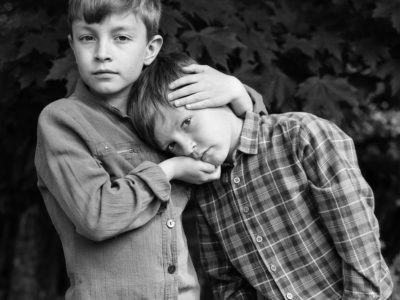Getting Your Hair Cut, Showing Your Soul
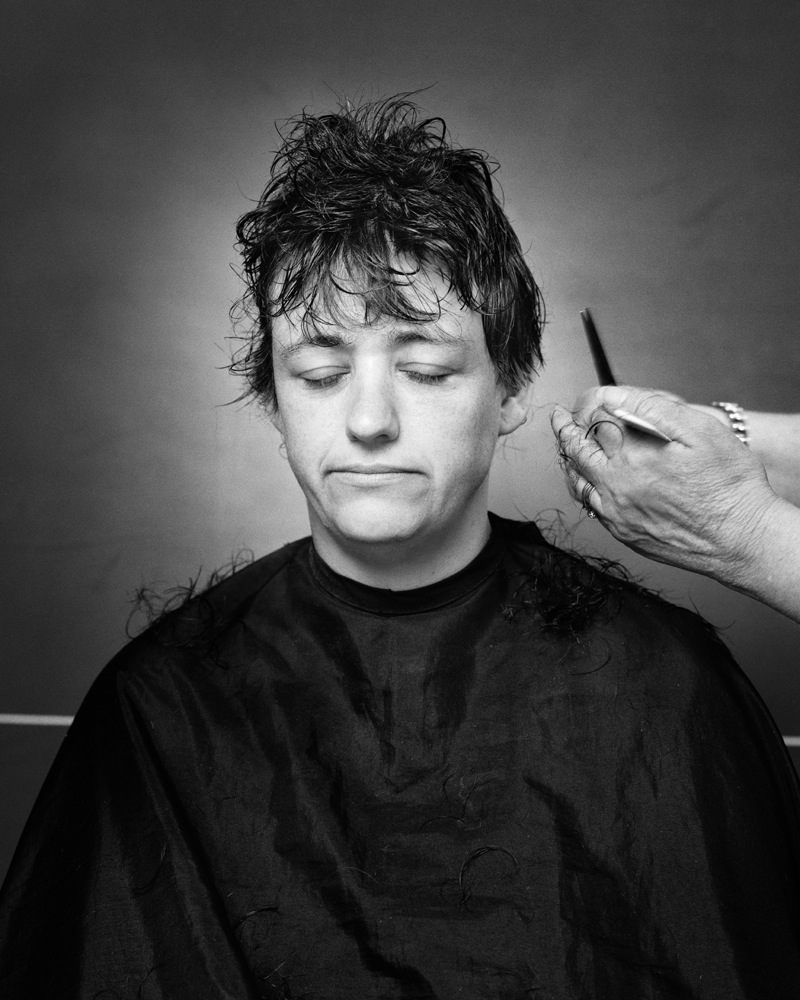
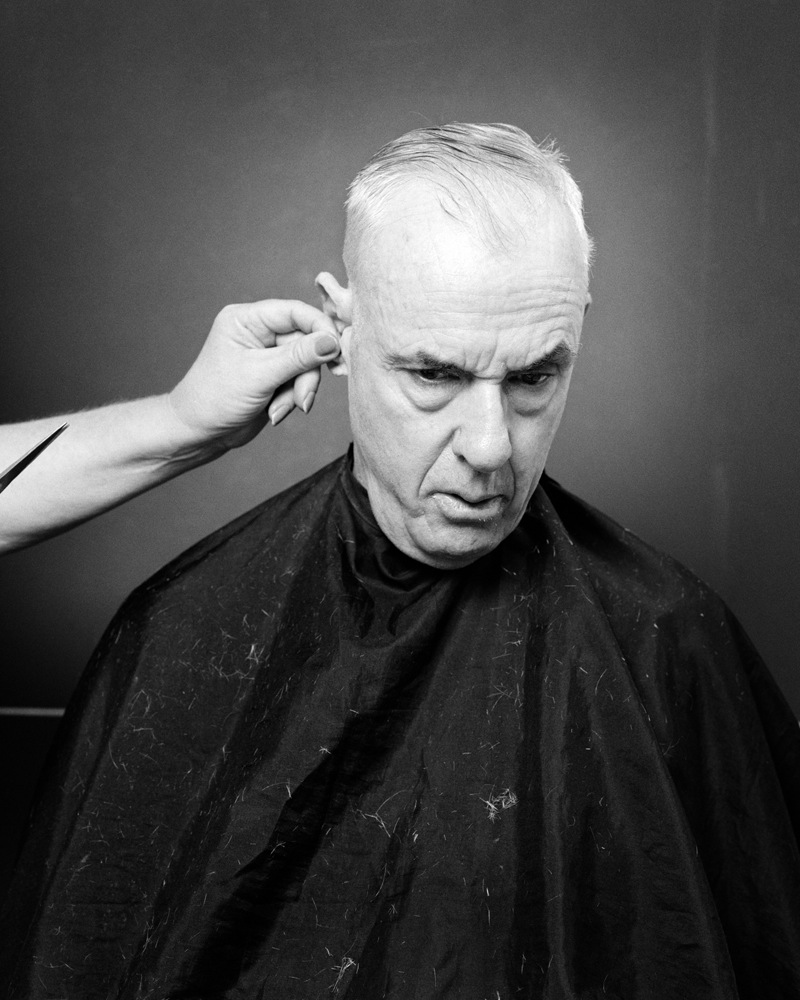
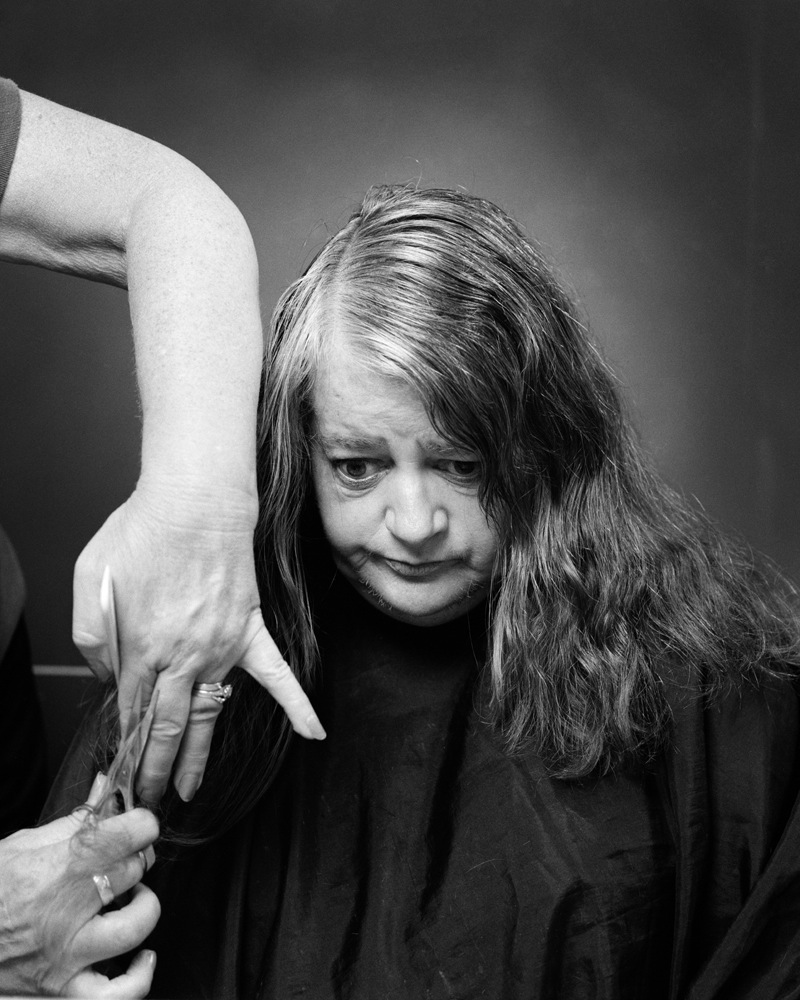
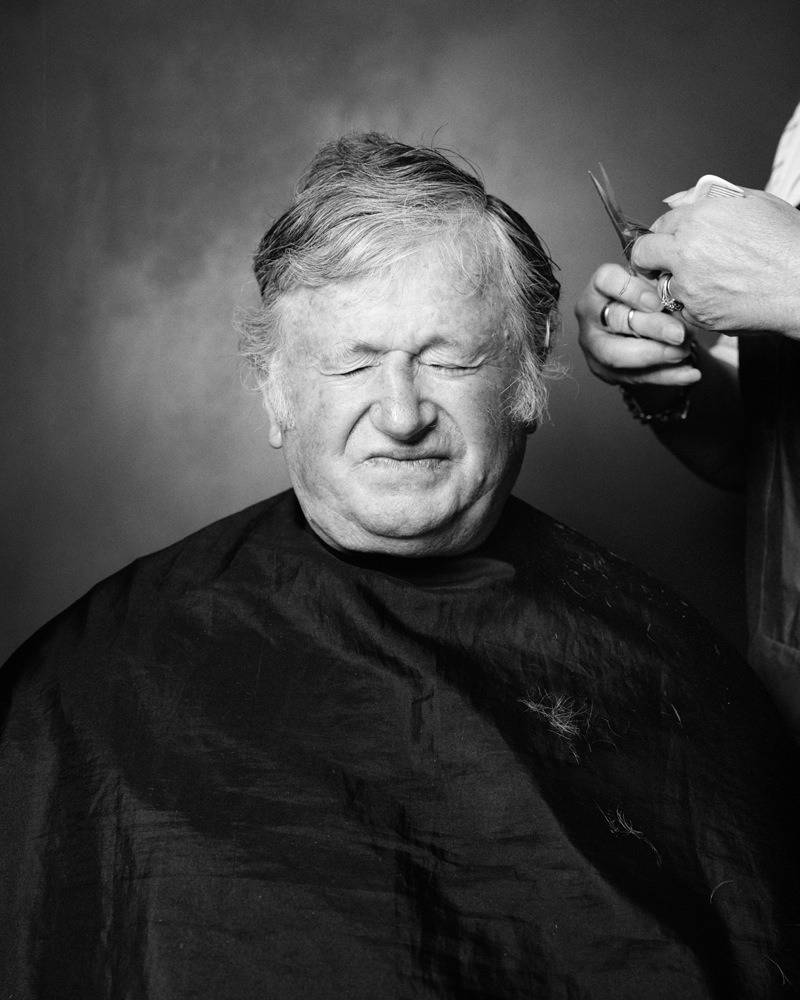
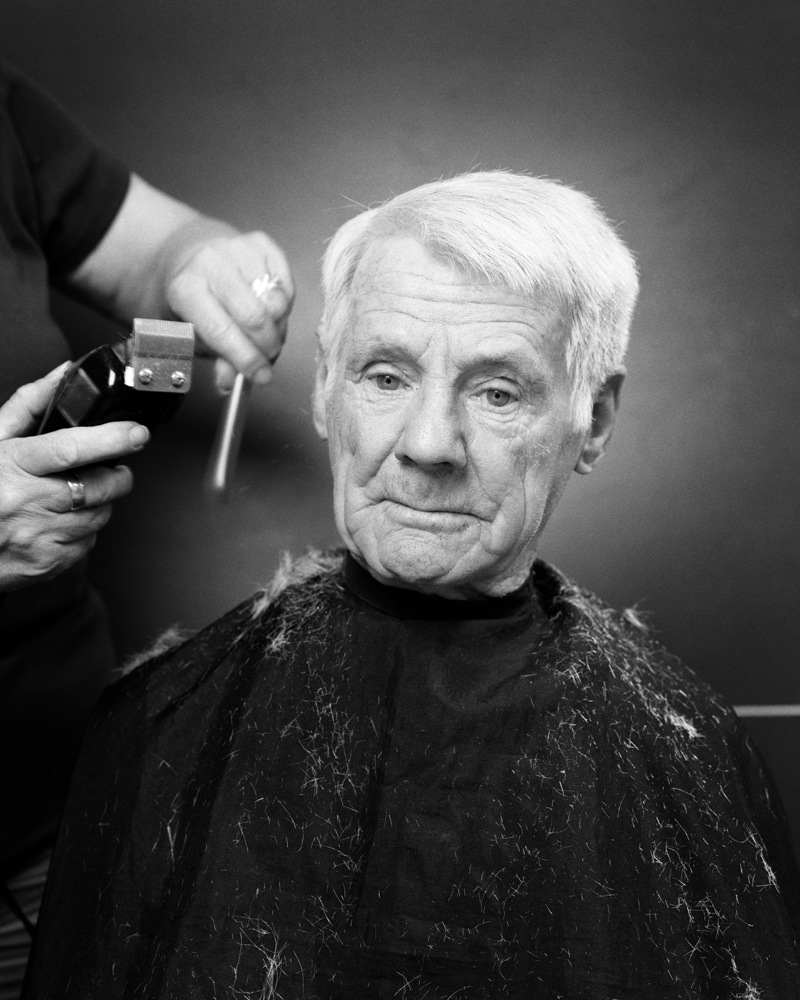
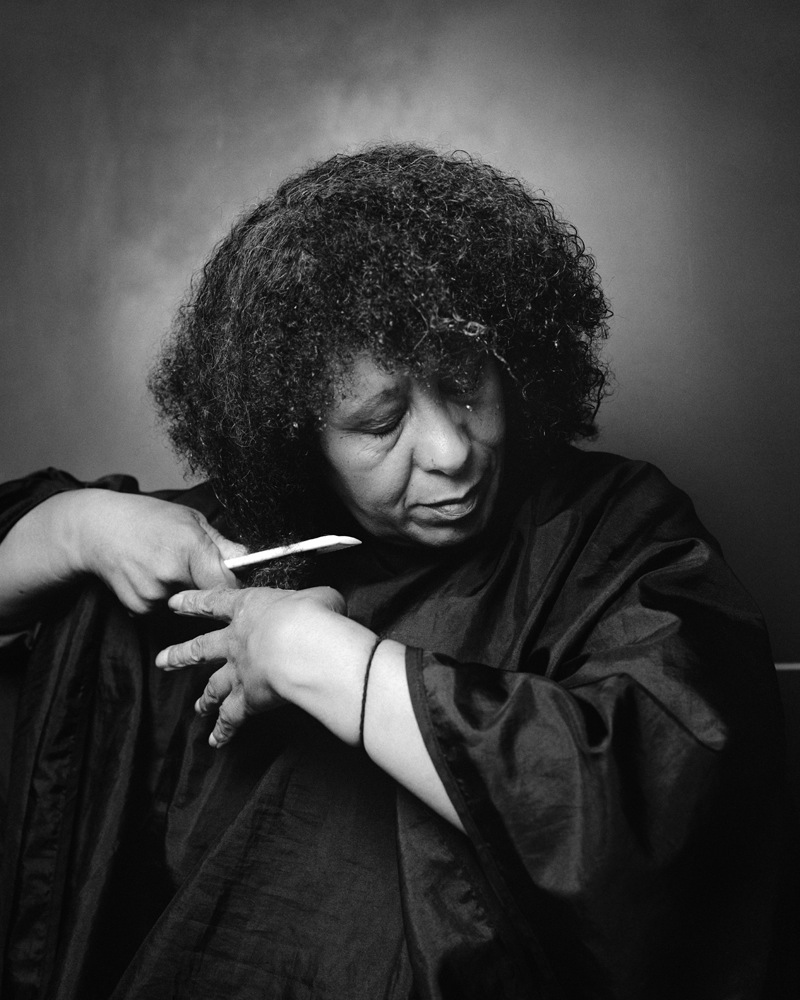
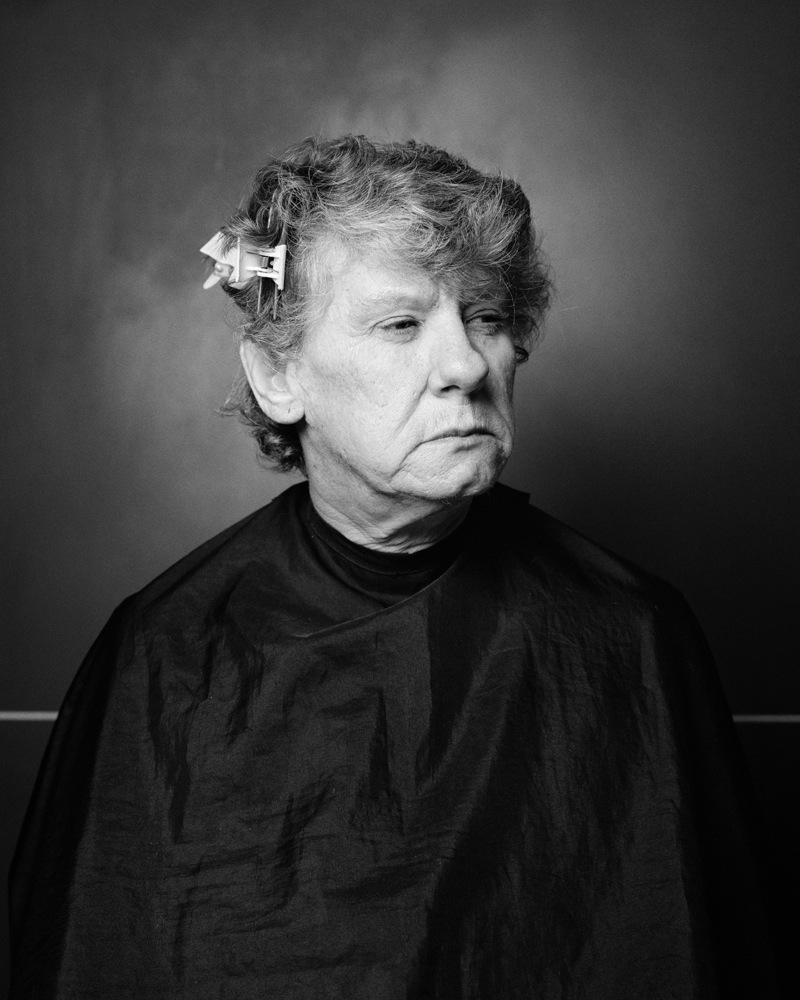
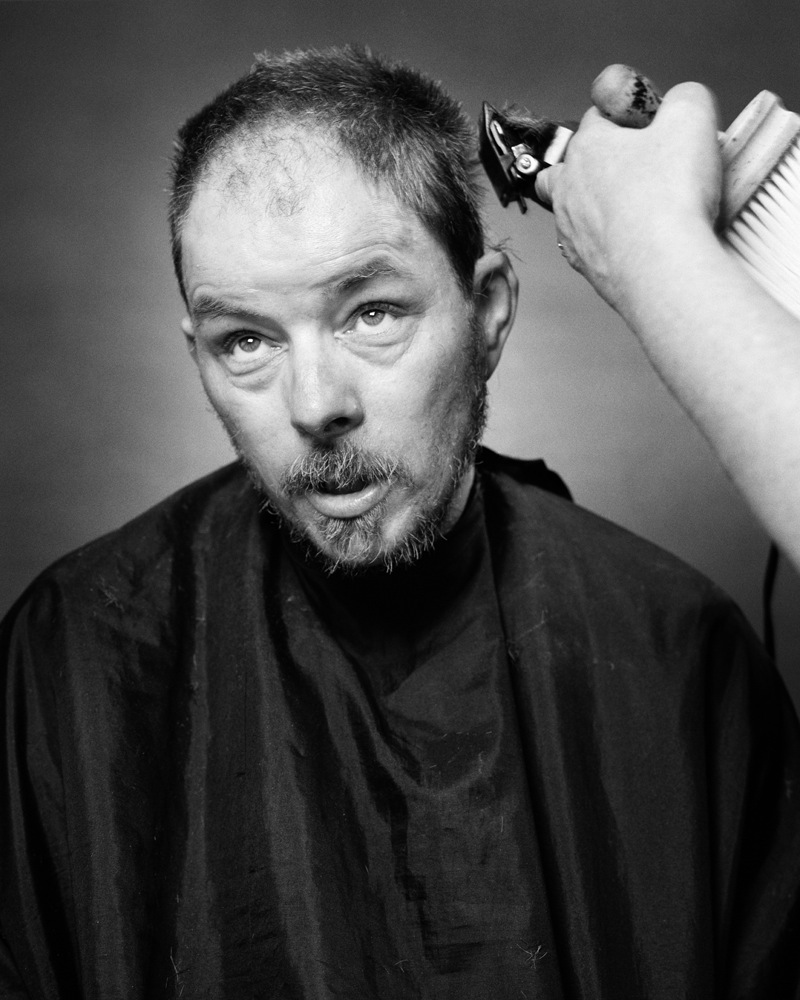

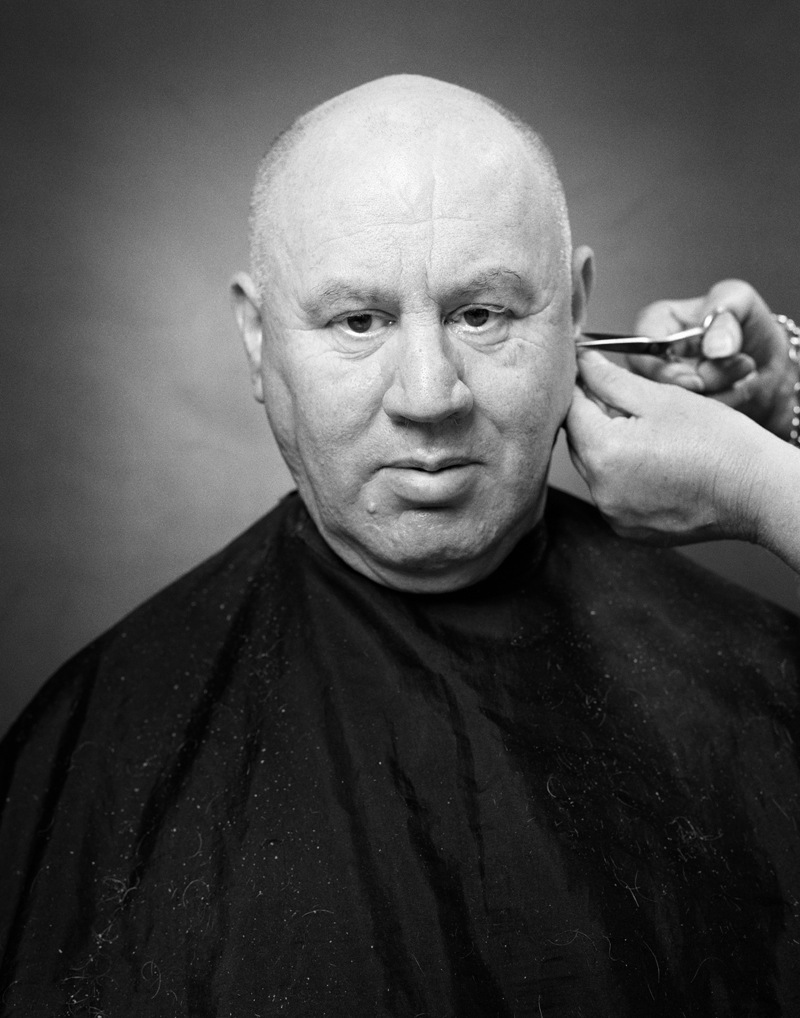
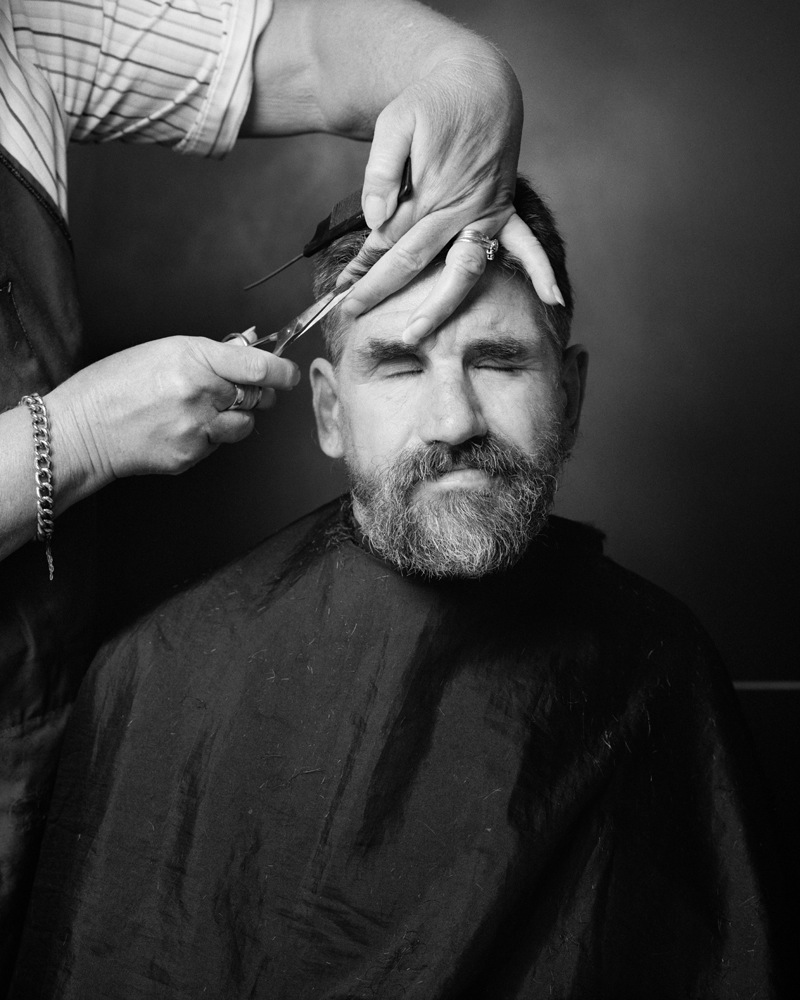
Philippe Halsman, the photographer famous for his portraits of celebrities jumping in front of his camera, once said: “When you ask a person to jump, his attention is mostly directed towards the act of jumping and the mask falls so that the real person appears.“
Who knows if he would think the same for people being photographed while getting a haircut, as did the subjects of Australian photographer Georgia Metaxas for her project Lower Your Ears. These men and women seem so oblivious of the camera and so absorbed in the process of having their hair cut that something might just be cracking through.
Here is an excerpt from Georgia Metaxas’s project statement:
“Hairstyles are often used to signal cultural, social and ethnic identity. Although men and women have the same hair, hairstyles tend to conform to cultural standards of gender, varying with current fashion trends, often being used to determine social status. A haircut evokes questions of physical and social transformation; from unkempt to kempt; from homeless to participatory citizen; from outsider to insider.
[…] By presenting the subjects wrapped in the barber’s apron, devoid of other social indicators such as clothes or accessories; and by using only the barest of photographic devices, I aim to strip the portraits back to their essential elements. The camera is unflinching, stationed at eye-level in place of the mirror.“
Keep looking...

FotoCal — Photography Awards, Grants and Open Calls Closing in November 2017

FotoFirst — Chris Aadland Captures Daily Life in a Small Icelandic Town

Hermitage — Margo Ovcharenko Portrays Young Russians Exploring Their Bodies and Sexuality

East Selects Four Different Entrants as the Winners in the Single Image Category of #FotoRoomOPEN

The Winner in the Series Category of #FotoRoomOPEN | East Edition is Damien Maloney

Introducing Rubber Factory, the Gallery Where #FotoRoomOPEN’s Winner Will Exhibit Their Work
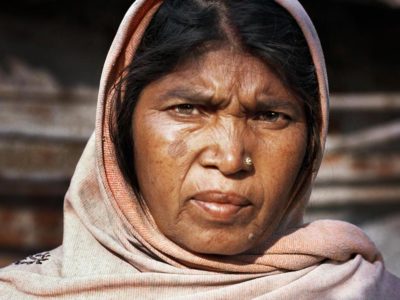
Women of God — Sara Hylton Portrays the Indian Women Marked by the Stigma of ‘Untouchability’
